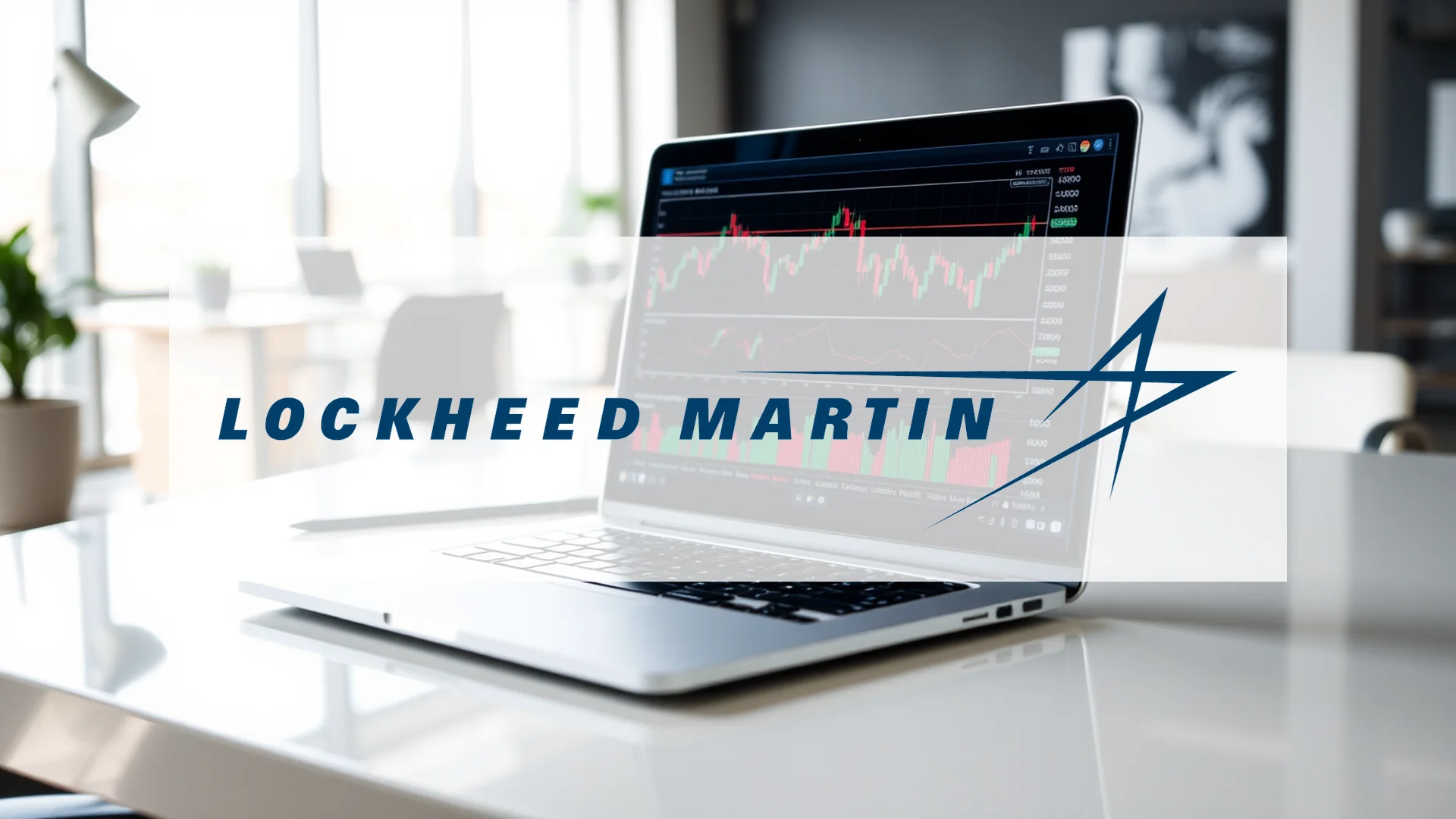While global defense contractors generally benefit from geopolitical tensions, Lockheed Martin is currently navigating significant legal challenges. A pivotal deadline is approaching in a class action lawsuit alleging securities fraud, creating uncertainty for the aerospace and defense giant’s investors. The case centers on accusations of misleading statements and omitted disclosures during an 18-month period.
Substantial Allegations and Financial Implications
The lawsuit, which allows investors to file as lead plaintiffs until September 26, 2025, alleges that Lockheed Martin made materially false and misleading statements between January 2024 and July 2025. The core allegations focus on inadequate internal controls related to risk-adjusted contracts and the company’s revenue recognition practices for these agreements.
These legal troubles stem from previously disclosed financial setbacks. The class action specifically references substantial charges the company took on classified programs within its aeronautics and missiles segments. These developments have raised serious concerns among shareholders about the corporation’s overall risk management framework.
Institutional Investors Show Diverging Strategies
Major financial institutions are demonstrating contrasting approaches to Lockheed Martin’s current situation. Disclosure of institutional activity reveals that Royal Bank of Canada reduced its position in the defense contractor, while Graham Capital Management significantly increased its holdings during the first quarter of 2025. This divergence highlights the mixed sentiment among sophisticated investors regarding Lockheed’s near-term prospects.
Should investors sell immediately? Or is it worth buying Lockheed?
Dividend Commitment Remains Unchanged
Despite these legal and financial headwinds, Lockheed Martin continues to maintain its shareholder returns policy. The company has declared a quarterly dividend of $3.30 per share for the third quarter of 2025, with distribution to shareholders scheduled for September 26. This consistent capital return program provides some stability for income-focused investors during this period of uncertainty.
In a separate financial maneuver, Lockheed recently completed a $2 billion bond offering. Proceeds from this debt issuance are designated for general corporate purposes, including the repayment of upcoming maturities.
The coming months will prove crucial as investors assess how these legal proceedings might impact both market confidence and the company’s stock performance. The September deadline represents a significant milestone in this ongoing securities litigation.
Ad
Lockheed Stock: Buy or Sell?! New Lockheed Analysis from January 17 delivers the answer:
The latest Lockheed figures speak for themselves: Urgent action needed for Lockheed investors. Is it worth buying or should you sell? Find out what to do now in the current free analysis from January 17.
Lockheed: Buy or sell? Read more here...










